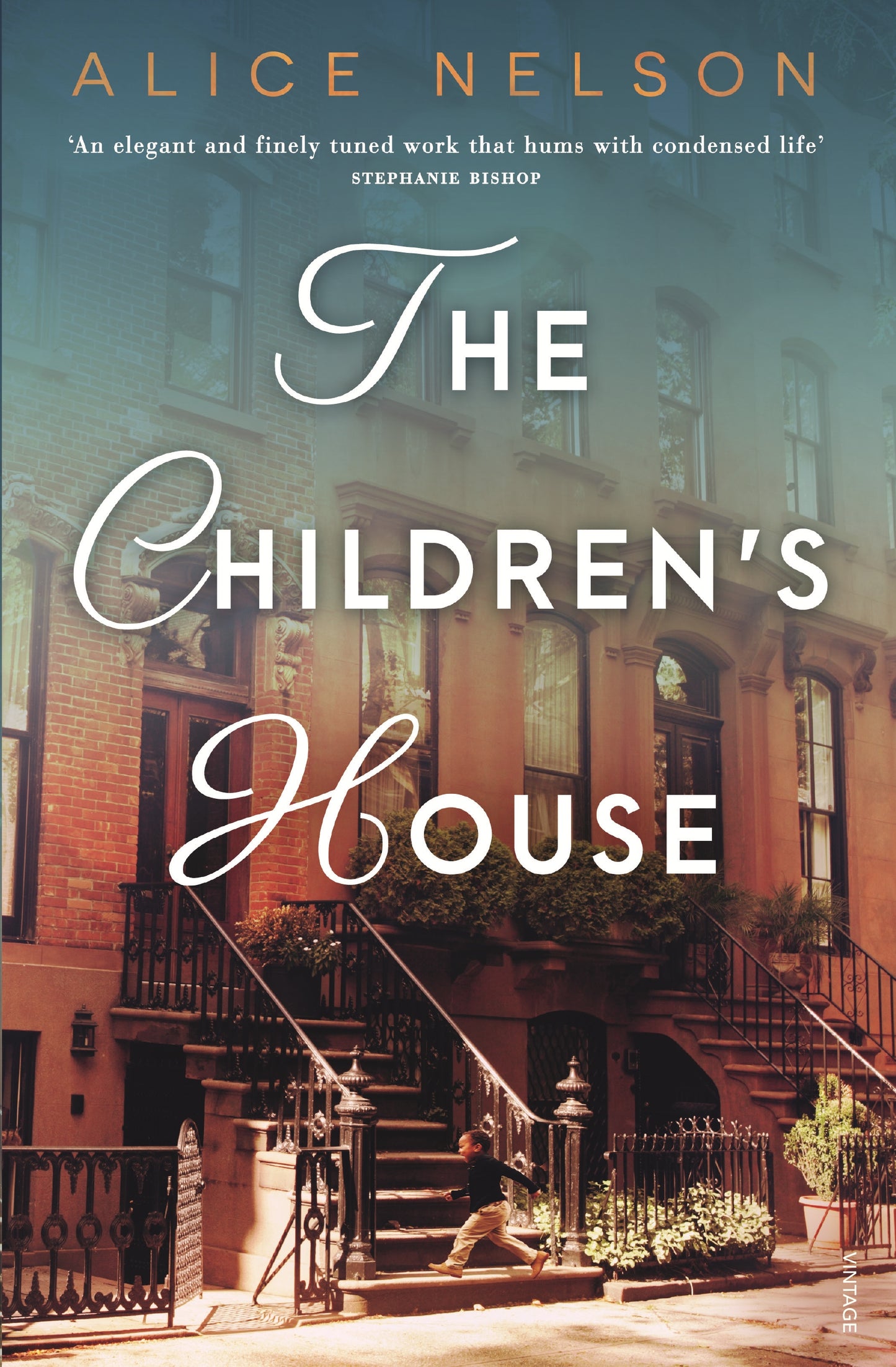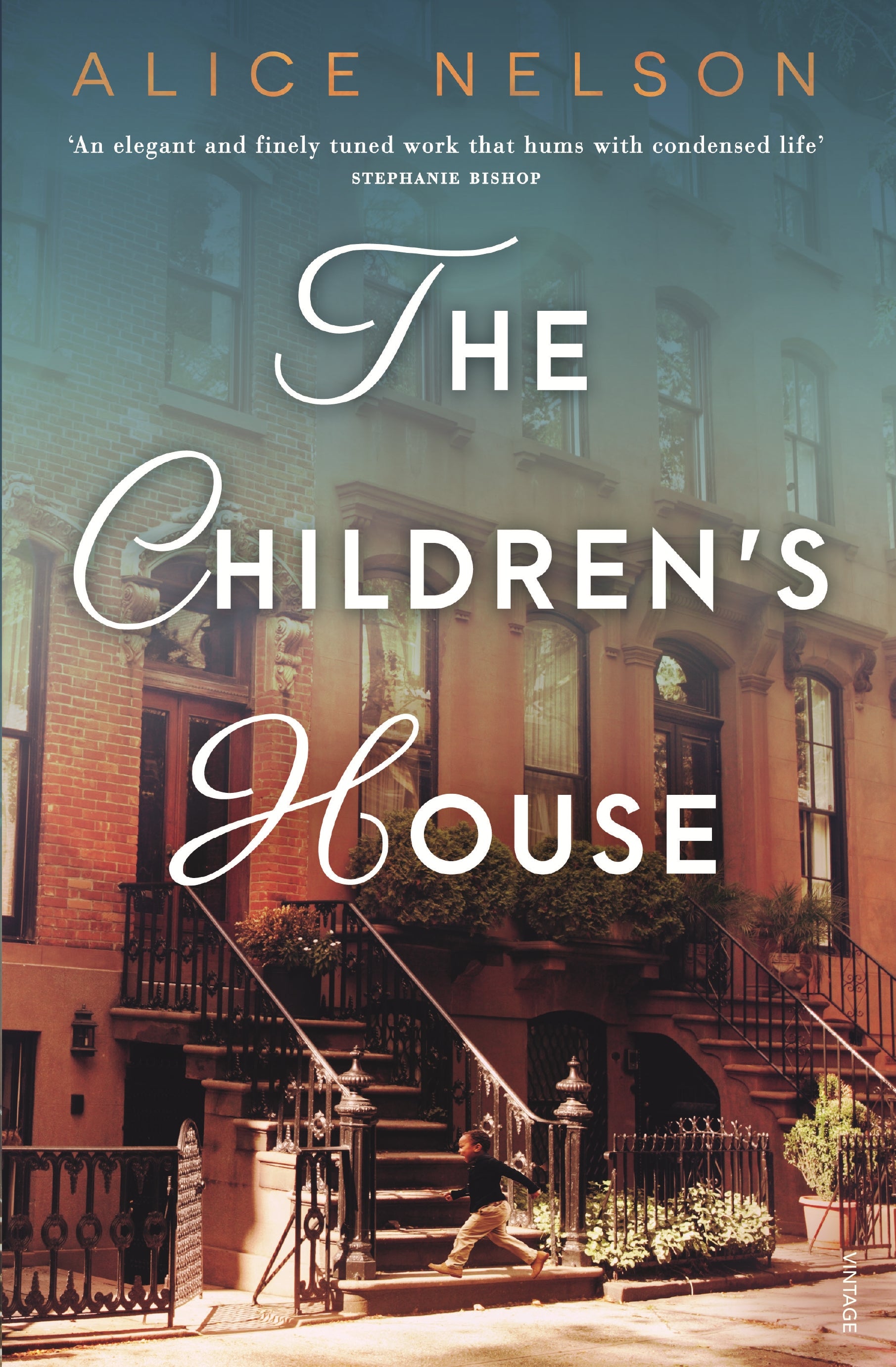Alice Nelson
Children’s House
Children’s House
Couldn't load pickup availability
Reviewed by Dolores Maund
The Children’s House quickly elicited in me that marvelously satisfying feeling of wanting to continue to read through to the end while ignoring all the goings on of ordinary life. I began reading one evening and finished the following day. Not only did Alice Nelson succeed in completely immersing me in her particular world but the central theme of the book and its sensitively etched characters have stayed with me and now occupy part of my own inner landscape, a clear indication of the force of the book.
The main concern of The Children’s House is the way in which extreme trauma deprives two women in totally different circumstances of their ability to nurture their children in a normal, loving way and then the ramifications of being denied this most fundamental of all human bonds on the children born of these mothers. While Alice Nelson is clear about the permanent psychological and emotional damage done to children who suffer such deprivation much of the book nevertheless deals with the way in which this inner ruin can be compensated for by the development of loving and stable relationships later in life. Both Marina and Gabriel, two of the characters whose mothers were marred by trauma, have the good fortune to become part of an exceptionally close-knit, stable and loving Jewish family in contemporary New York, the utter antithesis of their experience with their own mothers. One other does not have such luck on his side. Alice Nelson has performed a delicate balancing act indeed in examining such a deeply disturbing topic while also maintaining, in a realistic and convincing way, the possibility that people such as Marina and Gabriel are nevertheless able to live satisfying lives. For this reason, while the pain endured by the main characters is made clear, The Children’s House is still life affirming in that it carries a strong message of hope. This wonderfully interesting book is also timely in as much as that most important of shaping forces of an individual’s life, the bond between mother and child, is one which has and is being effectively undermined from a number of quarters. Thank you, Alice Nelson, for your contribution to the life of the mind and the imagination. The Children’s House has enriched and expanded my interior world. It is a beautiful and sensitive book and one which will undoubtedly be similarly appreciated by many other readers.
Share


